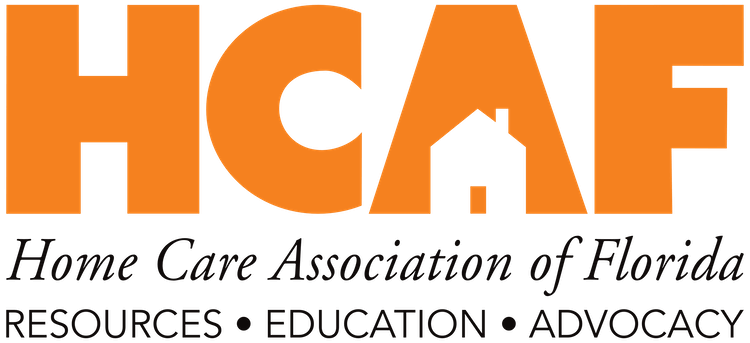Federal Policy Update: Key Medicaid and Workforce Developments on the Horizon

Federal Policy Update: Key Medicaid and Workforce Developments on the Horizon
As Congress returns from its August recess next week, lawmakers face a September 30 deadline to fund the federal government for the 2026 fiscal year, which begins October 1. Without a budget agreement, the nation risks a government shutdown. Several critical health care policies are also tied to the deadline, including funding for community health centers, Medicare telehealth flexibilities, and hospital-at-home waivers.
Meanwhile, the Trump Administration is expected to appoint Dan Brillman, co-founder and CEO of Unite Us, as the next administrator of the Centers for Medicaid and CHIP Services (CMCS) within the Centers for Medicare & Medicaid Services (CMS). CMCS oversees Medicaid, the Children’s Health Insurance Program (CHIP), and the Basic Health Program (BHP). Brillman will be charged with implementing major Medicaid changes included in the One Big Beautiful Bill Act (OBBBA) and advancing other agency priorities.
PMHC Meets With CMCS Leadership
Last week, our partners at the Partnership for Medicaid Home-Based Care (PMHC) met with Acting CMCS Administrator Caprice Knapp to discuss agency priorities. Knapp outlined CMCS’ current areas of focus, including:
- Implementation of OBBBA provisions.
- Review of Biden-era regulations.
- Program integrity, fraud prevention, and sustainability.
Knapp also underscored cross-agency collaboration between CMCS, the Administration for Community Living (ACL), and CMS’ duals office to better support dually eligible individuals. She encouraged PMHC to engage with all three offices to ensure provider perspectives are incorporated.
The discussion addressed the Ensuring Access to Medicaid Services rule and the 80/20 payment provision, which requires at least 80% of Medicaid home- and community-based services (HCBS) funding to go toward direct care worker compensation. Knapp welcomed provider input on both the opportunities and challenges of implementation.
She also noted CMCS’ interest in feedback on community engagement requirements and eligibility redeterminations under OBBBA, stressing the importance of avoiding unintended impacts on frail elderly and physically disabled populations
Although Knapp’s tenure as Acting Administrator is temporary, she will remain a key player as Medicaid Counselor to U.S. Department of Health and Human Services (HHS) Secretary Robert F. Kennedy, Jr., continuing to advise on Medicaid regulatory and policy developments.
ADvancing States HCBS Conference Recap
The ADvancing States HCBS Conference recently convened in Baltimore, drawing strong participation from PMHC leadership and providers nationwide.
- ACL Priorities: In a plenary session, Mary Lazare, Principal Deputy Administrator, highlighted the urgent need for 800,000 additional caregivers, ongoing initiatives to address chronic illness, rural health investments, and major caregiving events scheduled for November.
- CMS Priorities: Senior Advisor Grant Thomas outlined CMS’ vision of leveraging AI and technology, advancing transparency, combating fraud and abuse, closing out American Rescue Plan Act (ARPA) funds, and strengthening HCBS quality. He also announced that Rural Health Transformation Fund opportunities are expected to open in mid-September.
MACPAC August 2025 Brief
The Medicaid and CHIP Payment and Access Commission (MACPAC) issued a brief on Medicaid HCBS rate setting, noting that spending reached $82.5 billion in 2021, serving more than 2.5 million people. The report found that states’ rate-setting processes often rely on imprecise wage data, leading to inconsistent payment methodologies.
MACPAC recommended more accurate, publicly available wage reporting to strengthen the direct care workforce and ensure equitable rates. The report builds on the Ensuring Access to Medicaid Services rule, which increased transparency but, according to MACPAC, did not go far enough.
What It Means for Home Care
With a federal funding deadline, a new CMCS administrator, and major OBBBA-driven reforms on the horizon, the next few months will be pivotal for Medicaid, HCBS, and home care delivery nationwide.
HCAF will continue working closely with national partners to ensure Florida’s home health providers are informed, engaged, and represented as these policies take shape.
